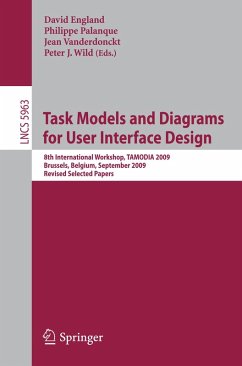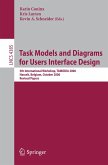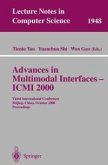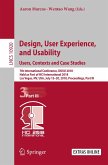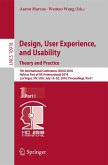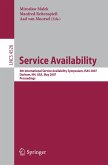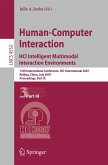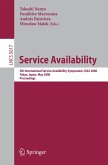This book constitutes the refereed proceedings of the 8th International Workshop on Task Models and Diagrams for User Interface Design, TAMODIA 2009, held in Brussels, Belgium, in September 2009.
The 12 revised full papers presented were carefully reviewed and selected from numerous submissions for inclusion in the book. The workshop features current research and gives some indication of the new directions in which task analysis theories, methods, techniques and tools are progressing. The papers are organized in topical sections on business process, design process, model driven approach, task modeling, and task models and UML.
The 12 revised full papers presented were carefully reviewed and selected from numerous submissions for inclusion in the book. The workshop features current research and gives some indication of the new directions in which task analysis theories, methods, techniques and tools are progressing. The papers are organized in topical sections on business process, design process, model driven approach, task modeling, and task models and UML.
Dieser Download kann aus rechtlichen Gründen nur mit Rechnungsadresse in A, B, BG, CY, CZ, D, DK, EW, E, FIN, F, GR, HR, H, IRL, I, LT, L, LR, M, NL, PL, P, R, S, SLO, SK ausgeliefert werden.

